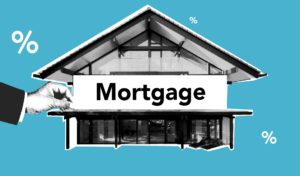
We all experience times in life when we need to spend a bit more money than we have on hand, perhaps we needed a new roof, some home renovations, or we have just found a once in a lifetime experience that we need to take advantage of. If managing multiple debts feels overwhelming, debt consolidation could be your solution. By combining debts into one manageable payment, you can simplify your finances and reduce monthly costs. Here’s how it works and why it’s beneficial.
What Is Debt Consolidation?
Debt consolidation involves combining multiple high-interest debts—like credit cards or personal loans—into a single loan, often with a lower interest rate. This can be done through a debt consolidation loan or by refinancing your mortgage to access home equity.
Key Benefits of Debt Consolidation
1. Lower Monthly Payments
Replacing high-interest debts with a lower-interest loan reduces the amount you pay each month. For instance, refinancing your mortgage at 5% versus paying 20% interest on credit cards can save you hundreds.
2. Simplified Finances
Managing one monthly payment instead of several reduces stress and the risk of missed payments.
3. Save on Interest
Lower rates mean you pay less overall, keeping more money in your pocket.
4. Peace of Mind
A streamlined approach to debt management can help you regain control of your finances.
Is It Right for You?
Debt consolidation is ideal if you:
- Have multiple high-interest debts.
- Own a home with available equity.
- Have good credit to secure better rates.
It’s important to pair consolidation with responsible financial habits to avoid future debt.
Work with an Expert
As a mortgage broker, I specialize in helping clients in Ontario explore debt consolidation options, including mortgage refinancing. Let me help you simplify your finances and reduce your monthly payments.
Contact me today for a free consultation and take the first step toward financial relief!
www.jimgraszat.ca








